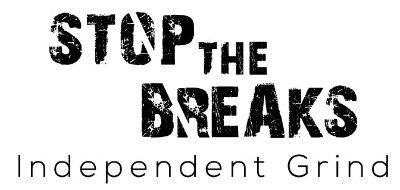
The events industry is finally back up and running, and management has never been more important. You need to manage large crowds, assess a wide range of risks, and follow government guidelines regarding the pandemic. From sporting events to music concerts, crowds are a common feature at events across the UK. Crowds can quickly become dangerous environments, and they need to be appropriately managed.
Here are five tips on how to manage a crowd at your next event.
Determine the type of audience
The type of audience can make a big difference to the event. You need to evaluate the type of people attending, the possible dangers that could arise. For example, events with alcohol are likely to have a higher risk factor. Alcohol and crowds can lead to trampling, property damage and much more. Map out these risks in advance and prepare an action plan on how you will handle them.
Review and prepare the venue
You need to identify the key entry, exit, and risk points in the venue. Look at where the guests will queue outside and whether the queue could invade essential exit points. For example, you may need to steer the queue away from fire exits in case of an emergency.
You need to make sure the venue is fully accessible and inclusive. You might need to arrange facilities for wheelchairs, like a ramp. Make sure all safety features are clearly signalled with LED lights that stand out in the dark.
Provide sufficient training and equipment
Your team should be thoroughly trained in how to handle a crowd through communication and safety equipment. They might need earpieces, hi-vis clothing and ID badges to stand out amongst the crowd. Staff should be clearly visible in hi-vis clothing so people can find them in the case of an emergency.
Prepare for the worst
Risk assessments prepare you for the worst-case scenario. You need an action plan in place for when things turn south, and you need emergency personnel to stand in. Emergency services should be on site of larger events, and your team members should be briefed on how to respond to these situations. In some cases, this is a legal requirement, and you will need to assess the risk of everything from a bomb threat to faltering equipment.
Learn from past events
Finally, you need to look at previous events that are similar to this one for insight. Did anything go wrong with those events? Assess how these risks were handled and the contingencies in place. You can learn a lot from previous events and use this knowledge to improve your event management.
Make sure your next event is safe, secure and successful.


